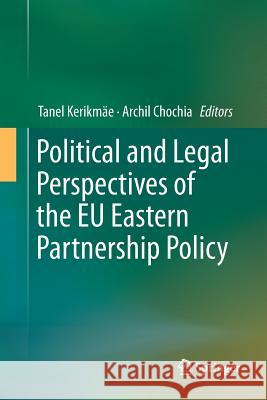Political and Legal Perspectives of the Eu Eastern Partnership Policy » książka
topmenu
Political and Legal Perspectives of the Eu Eastern Partnership Policy
ISBN-13: 9783319801278 / Angielski / Miękka / 2018 / 279 str.
Political and Legal Perspectives of the Eu Eastern Partnership Policy
ISBN-13: 9783319801278 / Angielski / Miękka / 2018 / 279 str.
cena 403,47
(netto: 384,26 VAT: 5%)
Najniższa cena z 30 dni: 385,52
(netto: 384,26 VAT: 5%)
Najniższa cena z 30 dni: 385,52
Termin realizacji zamówienia:
ok. 22 dni roboczych
Bez gwarancji dostawy przed świętami
ok. 22 dni roboczych
Bez gwarancji dostawy przed świętami
Darmowa dostawa!
Kategorie:
Kategorie BISAC:
Wydawca:
Springer
Język:
Angielski
ISBN-13:
9783319801278
Rok wydania:
2018
Wydanie:
Softcover Repri
Ilość stron:
279
Waga:
0.41 kg
Wymiary:
23.39 x 15.6 x 1.52
Oprawa:
Miękka
Wolumenów:
01
Dodatkowe informacje:
Wydanie ilustrowane











